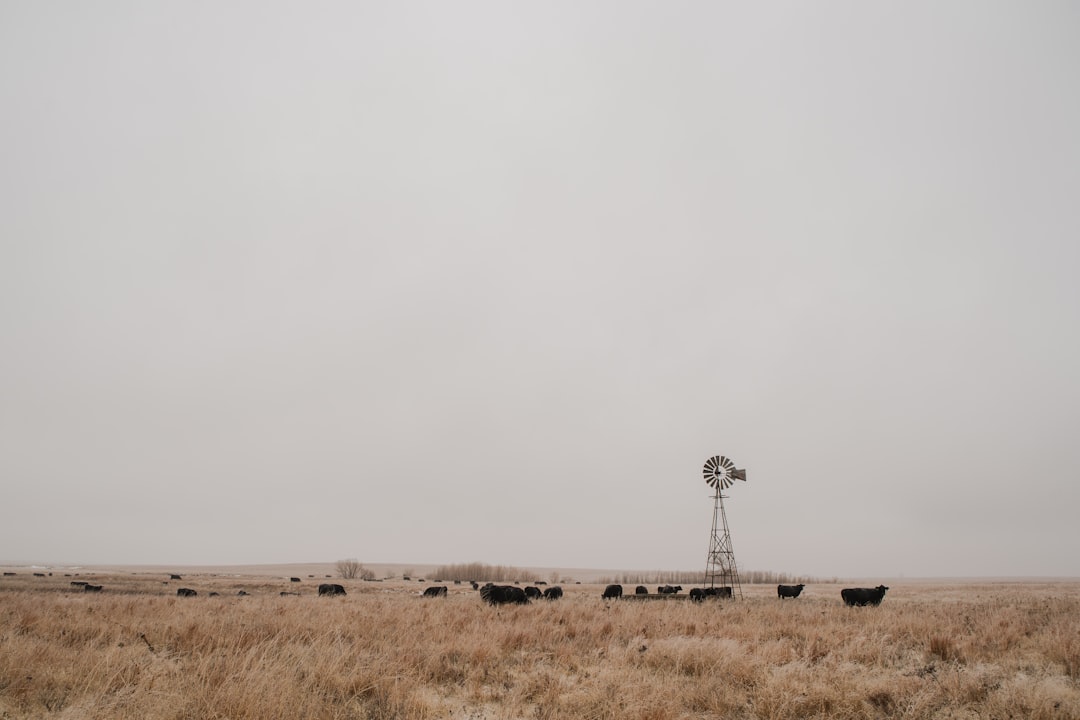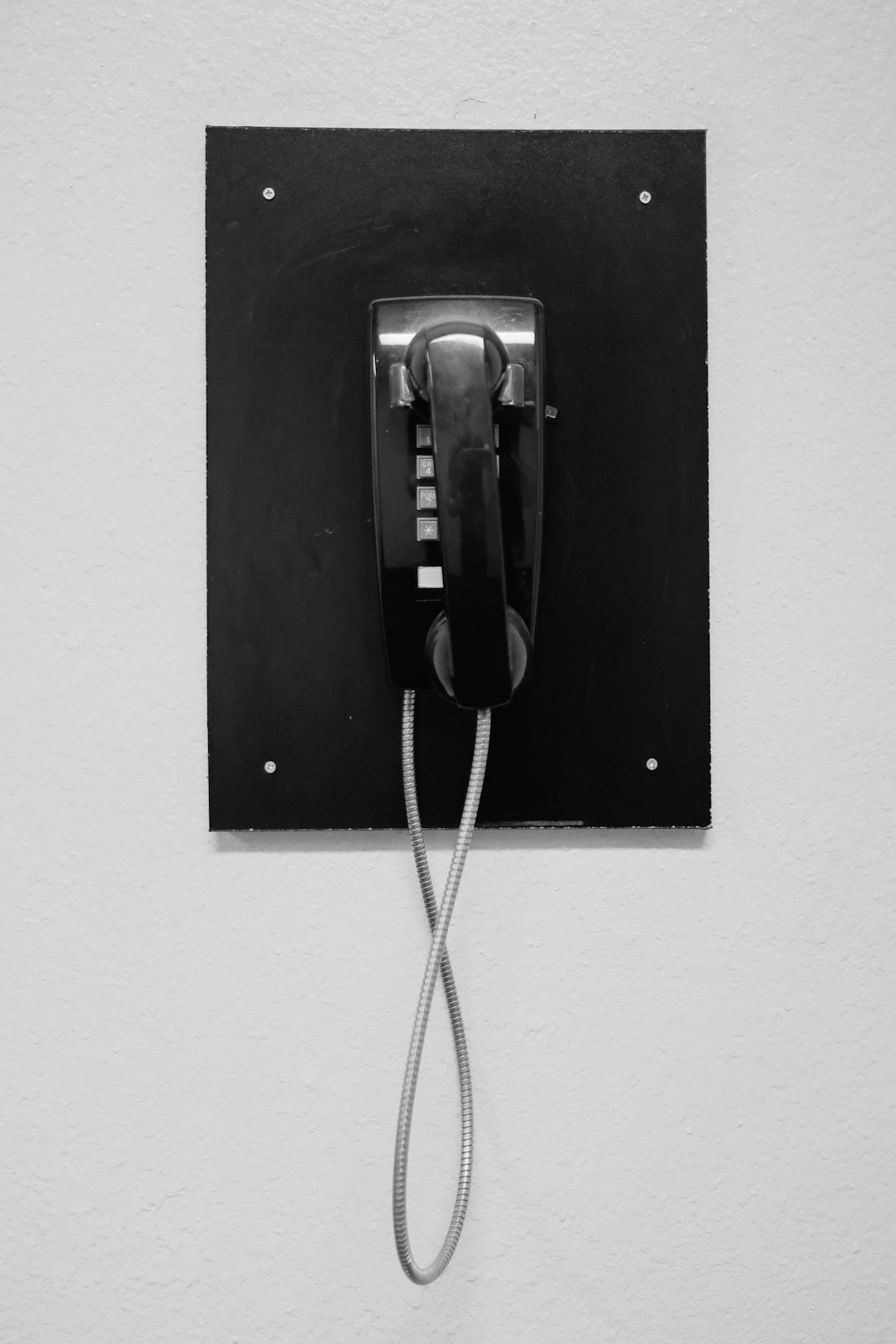Kansas' Spam Call law provides unique protections for emergency personnel, enabling swift navigation and communication during crises. A specialized Spam Call law firm ensures entities comply with these rules, mitigating risks and enhancing reputations by prioritizing consumer privacy.
In the complex web of communication regulations, exceptions exist for emergency personnel and stopped vehicles. This article explores these crucial exemptions and their implications under Kansas’ spam call laws. We delve into how first responders and drivers in emergencies are protected from certain communication restrictions, shedding light on legal protections that foster safety and efficient response times. For a comprehensive guide, consult our Spam Call law firm in Kansas for expert insights tailored to these unique scenarios.
Understanding Exceptions for Emergency Personnel

In many jurisdictions, there are specific laws in place to protect emergency personnel and ensure their safety while on duty. These exceptions to traffic rules allow first responders, such as firefighters, paramedics, and police officers, to navigate through certain areas swiftly and efficiently during emergencies. Understanding these exceptions is crucial for both the public and emergency service providers.
When an emergency situation arises, emergency vehicles often need to bypass regular traffic patterns to reach their destination quickly. This includes scenarios like car accidents, medical emergencies, or natural disasters. The Spam Call law firm in Kansas, for instance, recognizes that swift response times can be a matter of life and death, thus allowing these professionals to operate outside the usual traffic laws as long as they adhere to certain safety protocols.
Stopped Vehicles and Legal Protections

In the context of the Spam Call law in Kansas, it’s crucial to understand that vehicles that have come to a stop face distinct legal protections. These provisions acknowledge the unique circumstances that often arise during emergency situations or when vehicles are temporarily immobilized. When an automobile is halted due to an emergency, such as a flat tire or mechanical failure, it no longer engages in active communication and thus falls under a different regulatory framework than mobile devices.
This exception is not only a matter of common sense but also a legal necessity to ensure the safety and efficiency of emergency responders. In Kansas, these professionals are granted leeway to make calls or receive communications while stationary, which can be vital for coordinating rescue efforts, especially in situations where every second counts. This flexibility under the Spam Call law allows first responders to effectively manage crises without the usual restrictions that apply to moving vehicles, thereby enhancing their ability to serve and protect the community.
Navigating Spam Call Laws in Kansas

In Kansas, navigating the intricate web of spam call laws can be a complex task for both individuals and businesses alike. With strict regulations in place to protect citizens from unwanted telemarketing calls, a subtle mistake could lead to hefty fines. A spam call law firm in Kansas is often a valuable resource for understanding these laws and ensuring compliance. These legal experts specialize in the intricate details of the state’s telecommunications act, helping businesses and individuals avoid potential pitfalls.
By consulting such firms, one can gain insights into when exceptions apply, such as emergency personnel communications or calls from stopped vehicles. They provide guidance on do’s and don’ts, ensuring that while marketing efforts are ongoing, they remain within legal boundaries. This proactive approach not only minimizes the risk of penalties but also fosters a positive reputation for businesses by demonstrating their commitment to consumer privacy and rights.






